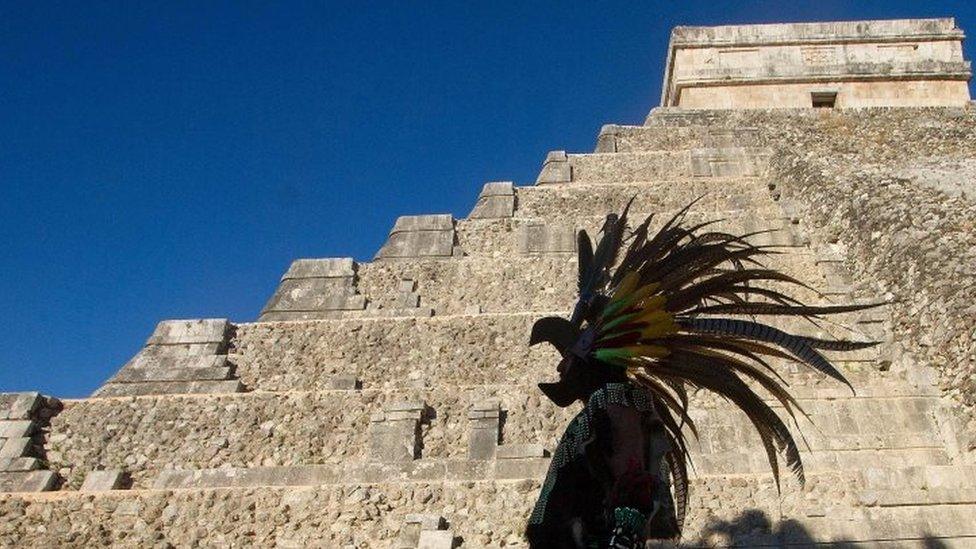Germany returns 3,000-year-old Olmec statues to Mexico
- Published
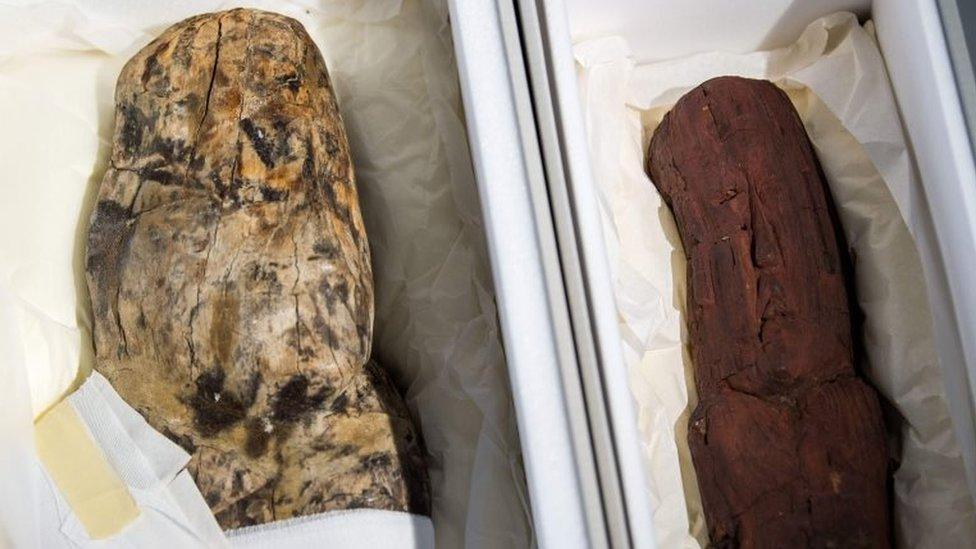
The two Olmec statues come from an archaeological site in Veracruz, Mexico
Germany has returned two 3,000-year-old pre-Hispanic wooden statues from the Olmec civilisation to the Mexican authorities.
Mexico says the artefacts were taken illegally from an Olmec archaeological site in eastern Mexico.
They were seized from controversial Costa Rican art collector Leonardo Patterson in southern Germany in 2008.
In 2015, a court ruled that they belonged to Mexico and on Tuesday they were handed to the Mexican ambassador.
International hunt
The statues had been kept in the Bavarian State Archaeological Collection after they were seized from Mr Patterson in Munich in 2008.
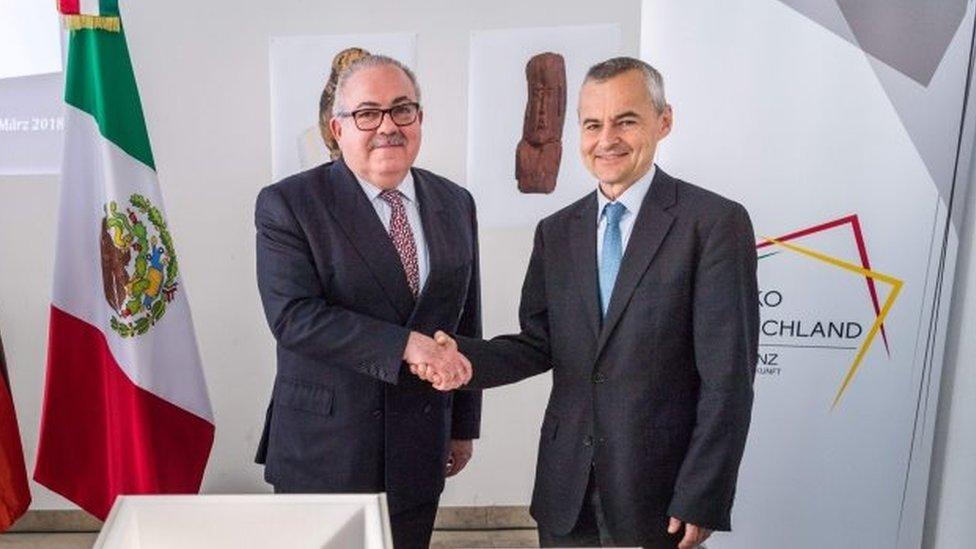
The Mexican ambassador Rogelio Granguillhome was delighted to receive the statues from Rupert Gebhard
They were part of a collection of more than 1,000 Aztec, Maya and Olmec artefacts which has been at the centre of an international art hunt for decades.
When Mr Patterson exhibited the collection in northern Spain in 1997, experts suggested that some of the pieces were fake and an investigation ensued.
Mr Patterson put the collection into storage in Spain, where the artefacts stayed until 2008.
Spain meanwhile found that he was not the rightful owner and offered to return the artefacts to the countries of origin which could prove a rightful claim.
In 2008, Spain seized hundreds of the items and returned them to Peru, external.
But Mr Patterson moved the remains of the collection to Munich, where they were seized by police later that year.
'Important precedent'
Mr Patterson has always maintained that he acquired his collection legally from several other collectors.
"All of that stuff, I got it in Europe. I don't traffic pieces," he said at the time the artefacts were taken by Munich police.
But the court in Munich heard from a witness who said that Mr Patterson told him that he had acquired the two pieces from an art dealer, who in turn had got them from a tomb raider.
The court ruled that he could not prove legal ownership of the two pieces, which were kept in the Bavarian State Archaeological Collection while the case and an appeal by Mr Patterson were under way.
At a ceremony at the museum, María Villareal of Mexico's National Institute for Anthropology and History (INAH) said their return set "an important precedent in favour of Mexico".
"Mexico argued that it is the owner of these pieces under Mexican legislation and we were able to prove that ownership in the civil case in Germany," she said.
Mr Patterson was found guilty in 2015 of dealing in fakes and possessing looted artefacts. His sentence was house arrest due to the fact he was in his mid-seventies.
- Published2 February 2018

- Published2 July 2017
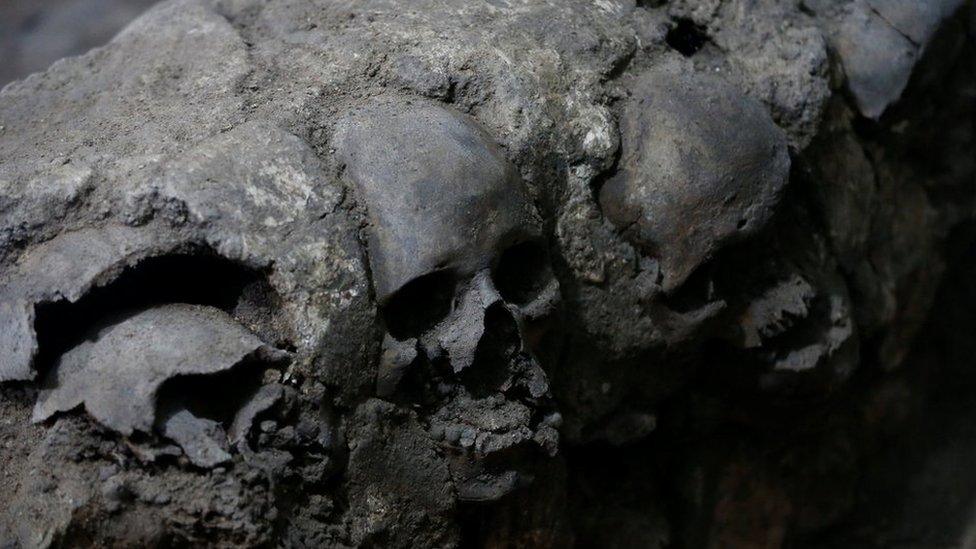
- Published4 June 2017
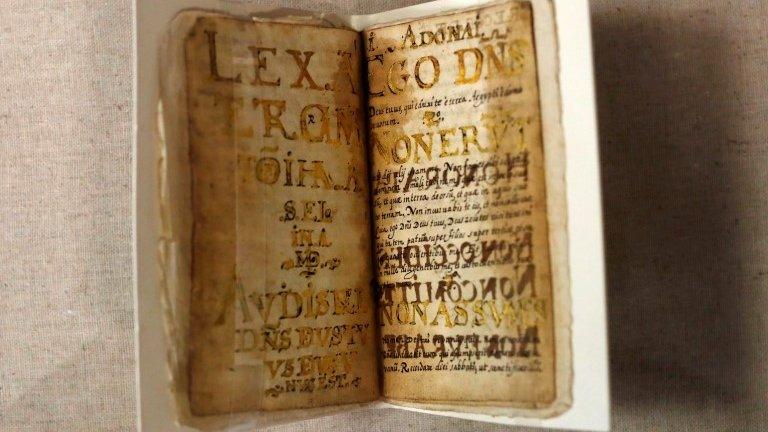
- Published16 April 2017
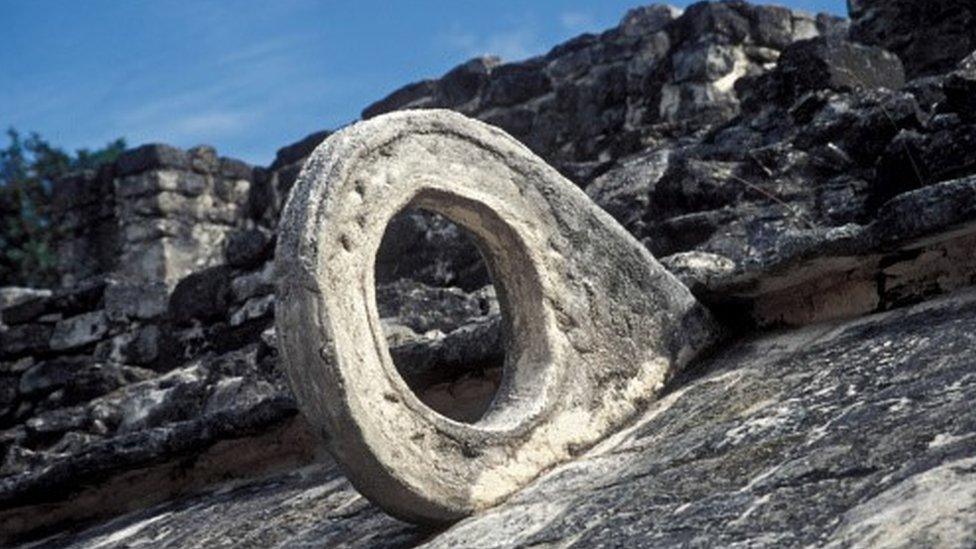
- Published17 November 2016
